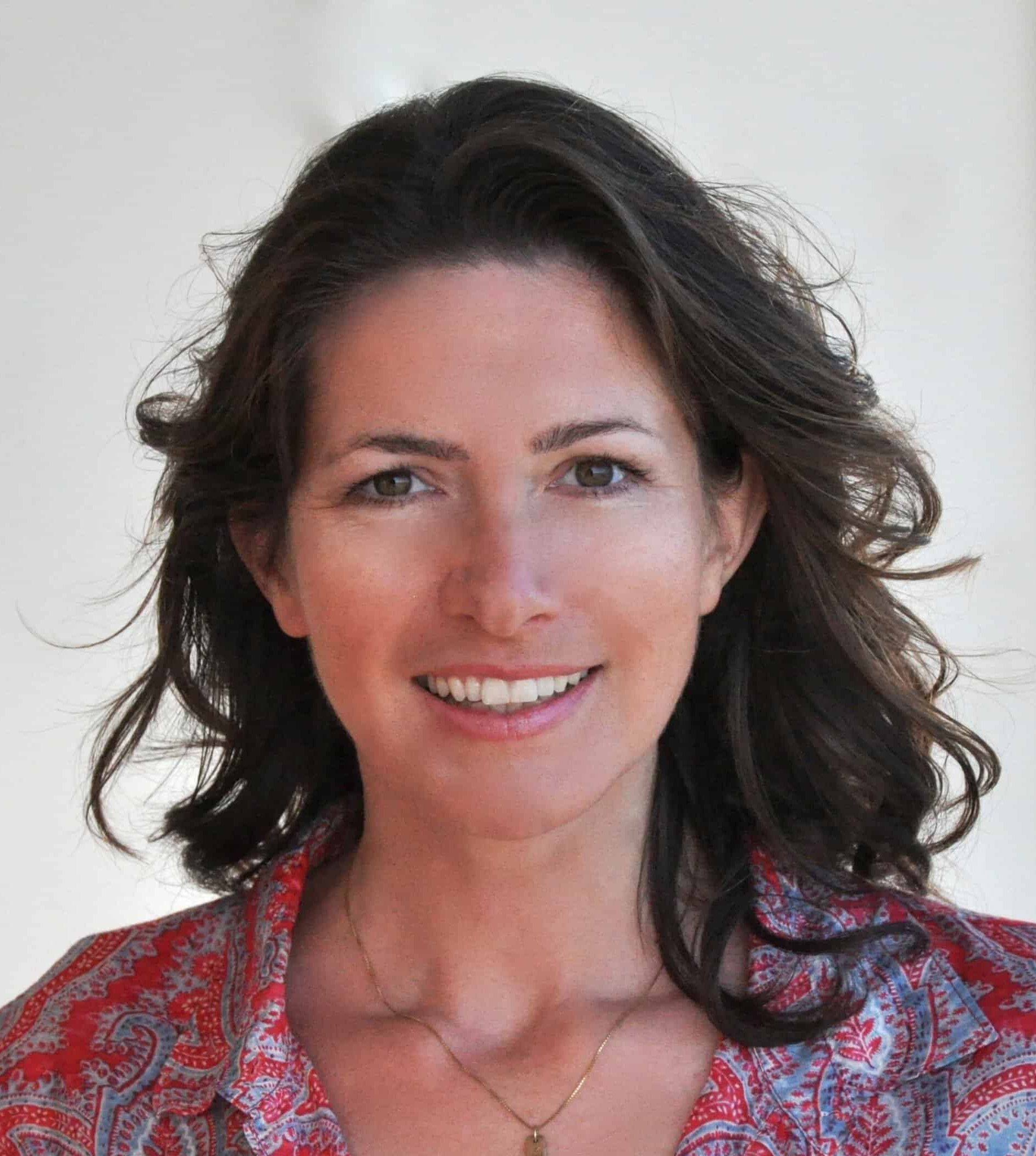Right now, about five percent of the world population have their period. It is one of the most familiar biological phenomena, experienced every few weeks by billions of women. And yet, it is often a taboo topic. Which is why, when 30-year-old Kristel de Groot, the Dutch founder of the California food supplement startup Your Super, had to give an important three-hour presentation in front of a boardroom, she didn’t dare to speak openly about the fact that she was having trouble focusing because of period pain.
“I thought, I am sitting in front of all these men — and at the C-suite level it’s almost always men — and I am not 100 percent, but I can’t say that out loud,” she recalls.
The experience was a turning point.
In June 2020, de Groot introduced 12 annual “Moon Days” for her full-time female employees, which they can use in addition to regular sick days during their period. “I call it a ‘do-what-you-can day’ — stay at home, take it easy, cancel all your appointments, or come in and work as usual,” de Groot says. “It’s to create empathy around the issue, and also encourages the team to listen to their bodies.”

What their bodies are often saying is: I need a break. Some 20 to 40 percent of women report experiencing period pain, mood swings and fatigue. Up to 80 percent say they have at least once experienced problems that prevented them from working fully.
Before de Groot implemented Moon Days, she asked her employees in a survey about their experience. Some 65 percent of the 110 employees at Your Super are women, and about half of them reported being impacted by their menstrual cycle. “Some said, oh, I just pop a pain killer. Others say they have low energy and can’t focus. Some don’t have any difficulties.”
The certified health coach started Your Super, a Certified B Corporation which produces food supplements, with her German husband, Michael Kuech. They met while training to become professional tennis players at Valdosta State University in Georgia. But after he was diagnosed with testicular cancer at age 24 and underwent chemotherapy, they focused on rebuilding his immunity through healthy food and supplements. “Because of our story, awareness of your body’s needs is kind of built into our company mission,” de Groot explains.
When de Groot first introduced Moon Days, reactions were mixed. “There was some consternation. ‘Oh, we’re talking about this?’ It’s not just men who don’t want to talk about it. Many women don’t want to talk about it either.” But after a year, her employees have embraced Moon Days as routine, like sick or vacation days. On average, female employees take 21.5 hours of Moon Day time in a year. Several male employees argued they needed Moon Days, too. “No, you don’t!” de Groot told them. “Then I explained to them about hormone cycles and how they affect women, and they became very quiet very quickly.”
Crushed by negative news?
Sign up for the Reasons to be Cheerful newsletter.Could this well-intentioned initiative backfire by perpetuating stereotypes about menstruation-related mood swings, the basis of so many outdated jokes about women and PMS? “I think it can be taken both ways,” de Groot answers. “Periods are actually the start of the creation of life. That is something to be celebrated, not something bad or dirty. We all wouldn’t be here if women didn’t have their periods.” Employees who need to take a Moon Day can simply (and discreetly, if they wish) inform their HR manager, no questions asked. “I sometimes talk about it openly, though, and [tell the office] that I am taking my Moon Day,” de Groot says. “It’s part of being a leader: Let me talk about it — how is this for you?”
De Groot, who is Dutch and originally started the company in Berlin in 2015 before moving its headquarters to Venice, California, has noticed cultural differences, too. “We had some press in Europe but in the U.S., there are certain publications who don’t want to mention menstruation.” Now that the Moon Day policy has been in place for a year, she notices that it opens up conversations around the topic. “Women started to share about their periods, about PMS — that was really encouraging to see. Women can support each other. Even if you don’t talk about it, at least women shouldn’t feel ashamed of it. Not talking about it sometimes comes with shame, and there is really no reason for that.”
Her initiative fits with the bigger picture of adapting workplaces to women’s needs. Several companies in Great Britain are pioneering menopause-friendly workplaces. And the pandemic has increased the need to address period poverty because many girls and women, especially among members of marginalized communities, have trouble accessing period products. De Groot acknowledges that her efforts happen “within my little bubble. On other continents — for instance, in Africa — once kids get their period, they stop going to school.” She donates to organizations that help women and children in Asia and Africa, but still sees a need to advance the conversation around menstruation in the West, too.
De Groot remembers her grandmother who had to stop working when she married because she was no longer allowed to work as a teacher. “Back then, this was normal,” de Groot says. “When we look at the opportunities we have now, it’s an example of how things change over time.” However, she is convinced that more progress is needed. “The workplace was actually built by men and hasn’t ever really changed,” she says. “The best companies do is offer free tampons. But this is not enough. So I thought, this has to change.”







